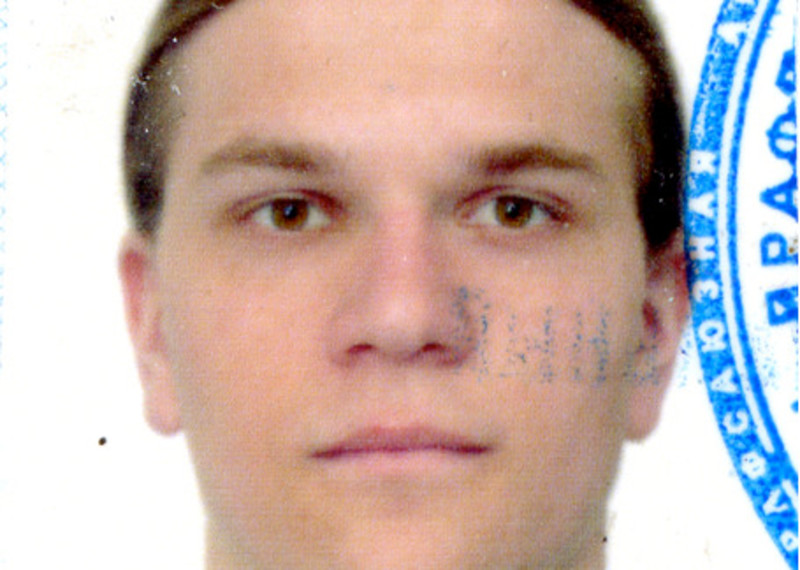Belarus resumed executions in 2014. It’s time to increase the pressure on the only country in Europe that still uses the death penalty, writes Amnesty International’s Jan Wetzel.
Earlier this year, Amnesty reported that Belarus had not executed anyone in 2013. It was the first time since 2009 that Belarus had gone a year without executing anyone. In June 2013, the leader of the Belarusian Orthodox Church even called for the death penalty to be abolished. These were positive developments in a country that continued to use a punishment that the rest of the continent has consigned to history. But recently came the news that at least two men have been executed in 2014.
In mid-April, Pavel Selyun was executed in secret. That same month, Rygor Yuzepchuk’s death sentence was carried out, but it only became public knowledge on 8 May. They had been sentenced to death in 2013; the sentences were upheld in July and September, respectively, and appeals for clemency were automatically sent to the President of Belarus, Alyaksandr Lukashenka.
Pavel’s mother, Tamara, had written her own plea to the President. She was never told that clemency had been denied, nor was she informed of his impending execution. Tamara only found out from their lawyer who, in turn, had known nothing of the execution until she went to meet Pavel in prison and was told: “He has departed, in accordance with his sentence.” An official letter confirming the date of execution as 17 April only followed later.

At least two other men, Eduard Lykau and Alyaksandr Haryunou, also sentenced to death in 2013, remain on death row and could be executed at any moment.
A bullet to the back of the head
In Belarus, death sentences are carried out without warning. Family members, lawyers, even prisoners are told nothing. The condemned are simply taken from their cells, told that their appeal for clemency has been turned down, and then forced to their knees and shot in the back of the head. Data on the use of the death penalty in Belarus continues to be classified as a state secret.
Secrecy around the use of the death penalty constitutes cruel, inhuman and degrading treatment not only of the condemned, but also of their family members.
Amnesty has many testimonies from relatives of people who were secretly executed in Belarus in recent years. These show how they suffered from the authorities’ complete disregard for their rights, and for Belarus’ own obligations under international law.
The Special Rapporteur on Belarus states in his most recent report that no progress on human rights issues has been made over the last year. On 25 April, he reiterated his concerns about the use of the death penalty. He called for an immediate suspension of death sentences and for a halt to any further executions.
This June, the UN Human Rights Council in Geneva will once again focus on the human rights situation in Belarus. In 2013, the Council only noted “the attention paid by the Special Rapporteur to the issue of the death penalty in Belarus” when it extended his mandate for another year. This year, will the Council again remain virtually silent on this crucial aspect of Belarus’ human rights record?
It should not.


